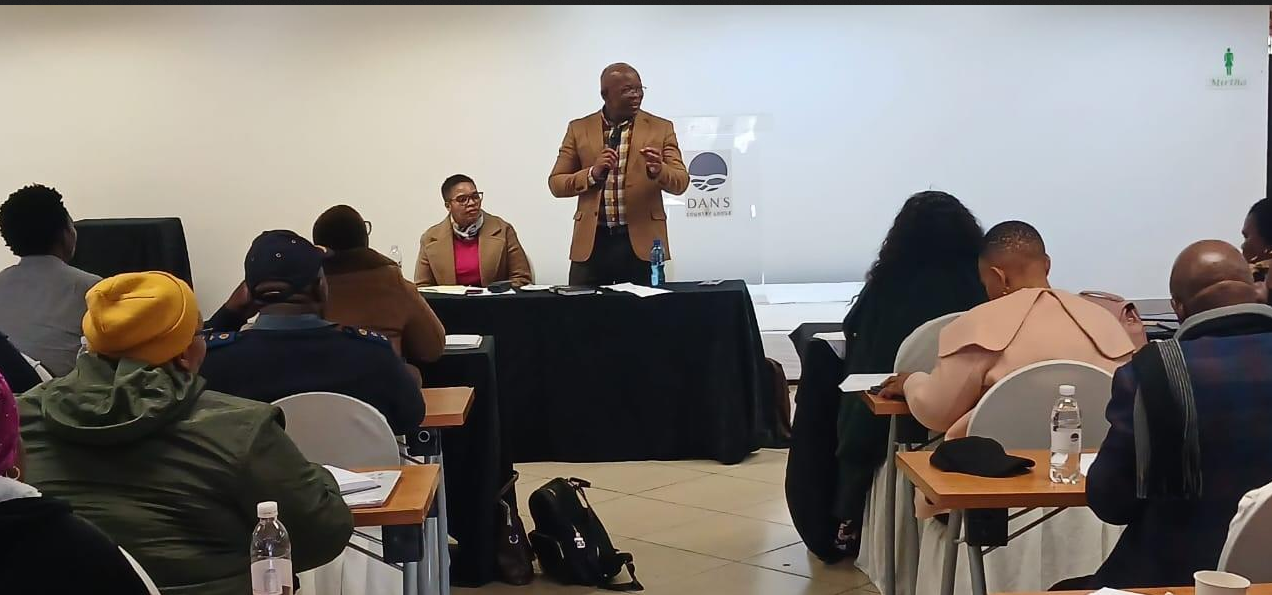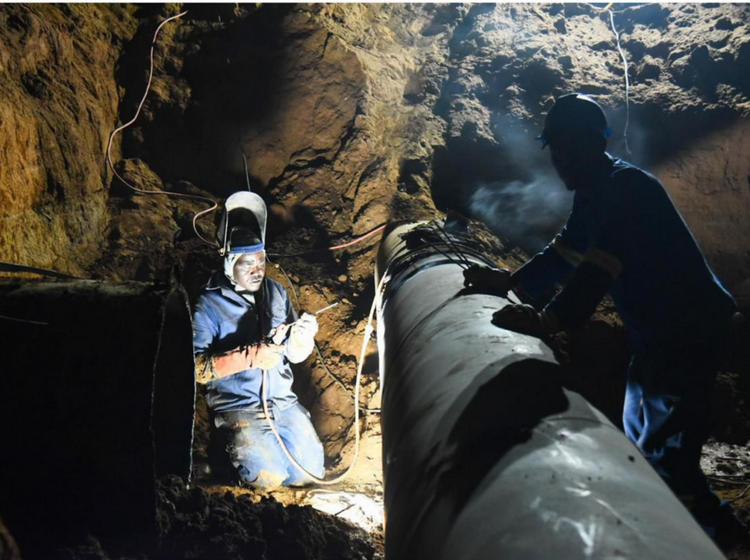It’s a sad farewell to another SA construction company

04-04-2019
Read : 939 times
IOL
Source
JOHANNESBURG – Group Five, one of the country’s flagship construction and engineering companies, last month joined a list of growing building firms to close down.
The company filed for business rescue and suspended its trading on the JSE, blaming severe cash-flow difficulties that had hit its operations for some time, resulting in major losses and financial constraints.
It said it would retrench a large chunk of its 7 000 workforce as it had not been able to service its debt and grow its client base.
Group Five fell alongside giants such as Basil Read and Esor, who also folded as a result of subdued activity in the construction industry.
It was a sad day for an industry that tasted its best times during the 2010 Fifa World Cup.
That it took five years to tumble from a high of R43 a share to just 89 cents at the time of closing shop showed just how vulnerable industries have become in the country’s constrained economy.
And for the country that is shedding jobs and a negative economy that is growing below its own population growth, the closure of any industry should be lamented.
Yes there are thugs like the Delangokubona SA Business Forum who have used violence, intimidation and harassment of anyone found to be working on construction projects to bring the industry closer to its knees.
In a video that circulated widely last year, one of the Delangokubona leaders issues a warning to the Ethekwini municipality, warning senior officials to take Delangokubona seriously.
“We don’t have time to play,” say the leaders, who, for the purposes of this article, shall remain unnamed. “We are not scared to get arrested. We didn’t hand over all the guns, we still have some of the guns. Phillip Sithole (deputy city manager, economic development and planning), don’t mess around with us. You’ve been promising us money and we want results. We want Ithala to give us money to buy warehouses (be)cause those in Isipingo we don’t know who they serve.”
Municipalities and large scale development and engineering projects are the backbone of capital intensive industries such as construction.
And, as industry role players have said, the disruption of projects could have cost the construction sector more than R25.5 billion. But the collapse of what was once a lucrative industry can be equally blamed on lack of foresight and boardroom squabbles.
In February, Group Five executive management and its board were locked in a struggle after the company announced that chief executive Eric Vemer would leave within a few weeks and that engineering and construction executive director and member of the executive committee, Willie Zeelie, would leave at the end of March, but would continue working for the group under a consultancy agreement for 12 months.
Other resignations in the past few months include Jon Hillary, the company’s former group executive committee member and head of investments and concessions, and Jesse Doorasamy, a former executive committee member and head of human resources.
It is these self-inflicted disorders that have rattled rather than bolstered investor confidence in Group Five so much so that the company admitted that it could no longer secure guarantees from lenders over uncertainties on whether existing funds would be enough to meet working capital requirements, and if the group would be able to meet its existing and new debt repayments.
This as Group Five and 14 other construction firms concluded settlement agreements with the Competition Commission in 2013 to pay penalties totalling R1.46bn for collusion and bid-rigging.
Such brazen greed also ate into a chunk of the companies’ bottom lines.
At their best, construction companies followed in the footsteps of mothballing industries such as mining who forgot to save for rainy days.
Anti-competitive behaviours make companies ignore the fact that competition can actually be an added advantage to stay relevant.
It can mean extending product reach and market position through a revision of existing structures.
Complementing core business through diversification in sector-related services, makes companies more viable.
Just look at how the insurance industry has survived by venturing into areas that were previously seen as unattractive to shareholders.
The insurance sector moved from properties buying, life cover and retirement to focus on aligned businesses such as banking and short-term insurance such as funeral benefits.
This has made them remain attractive to consumers even in the face of slow growth.
The voyage into new ventures has offset the risk balance between individual business segments and strengthened the better utilisation of financial resources.
This should be a lesson for the remaining construction firms such as Murray & Roberts, Raubex, Stefanutti, and to an extent, Aveng.
A constrained economy like South Africa’s limits the possibility of new projects.
Last year, the Construction Industry Development Board (CIDB) said confidence in the building and civil engineering sectors declined to its worst level in six years in the second quarter as constraint of insufficient demand for new work remained elevated for both sectors.
CIDB said the sentiment dropped to 33 index points meaning that 67 percent of building and civil contractors were dissatisfied with business conditions in the quarter.
This has made contingency loans become unattractive to lenders, leaving hyenas such as Delangokubona hovering on the fringes ready to devour the remaining meat on the carcass.
Delangokubona is an isiZulu word, while loosely translated, means dare at your own peril.
But a new way of thinking can outsmart even the most dangerous scavengers such as Delangokubona and subdued economic conditions.
Recent News
Here are recent news articles from the Building and Construction Industry.
Have you signed up for your free copy yet?
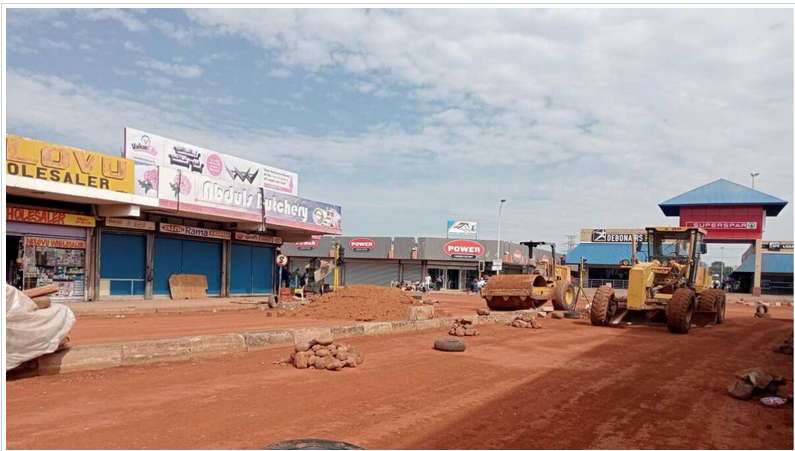

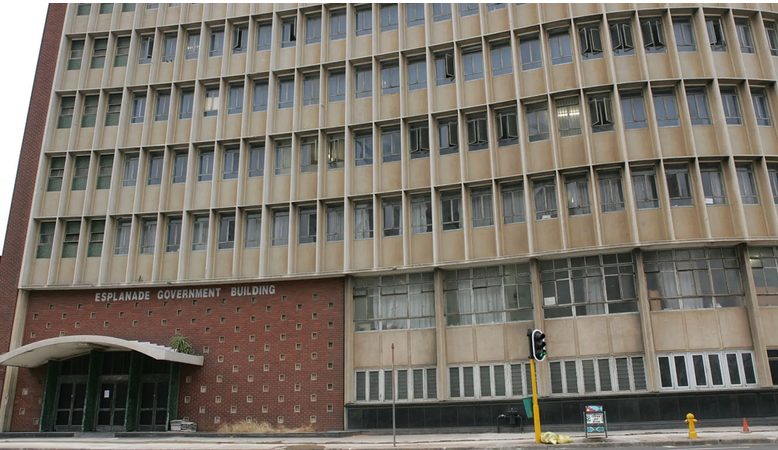
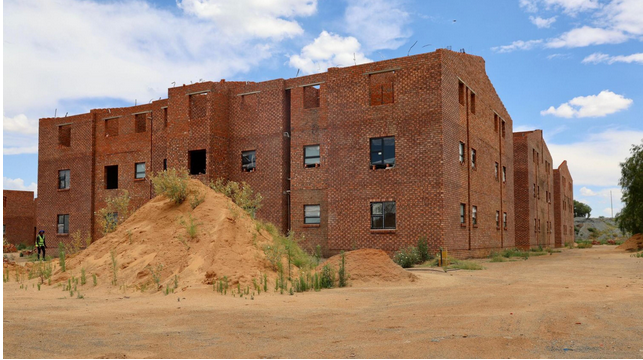
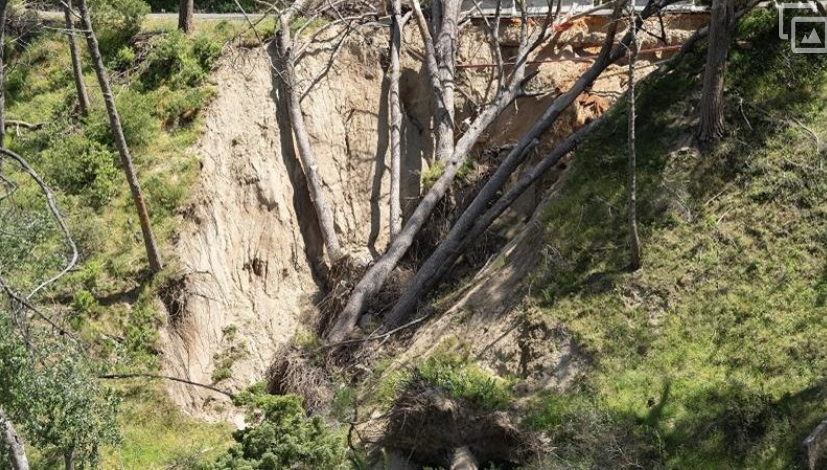
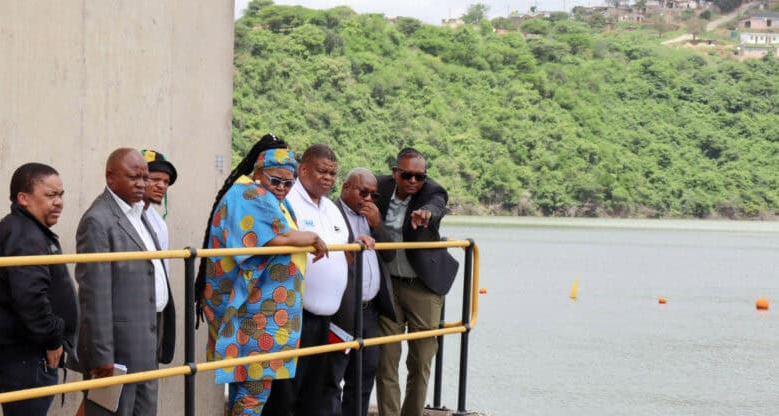
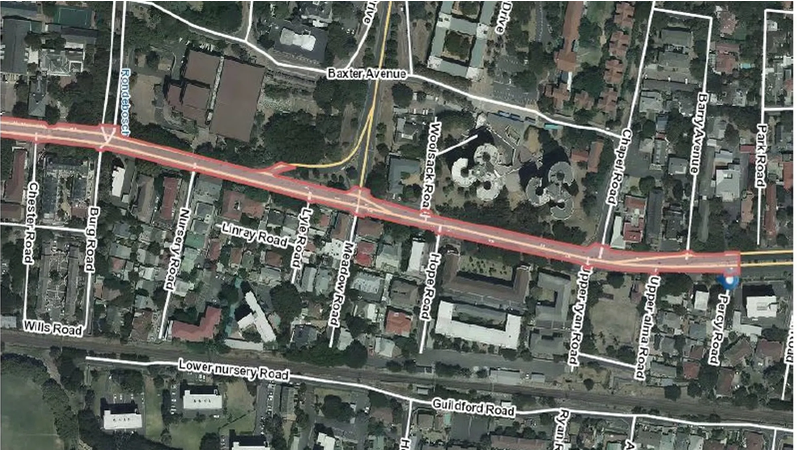
![Dr Nkosazana Dlamini-Zuma Municipality Mayor Sindisiwe Msomi [in white top] joined by other officials at the opening of the taxi rank.](https://static.l2b.co.za/Images/Uploads/Photos//8d309200-7d25-4452-8449-8028dcf64400.png)
